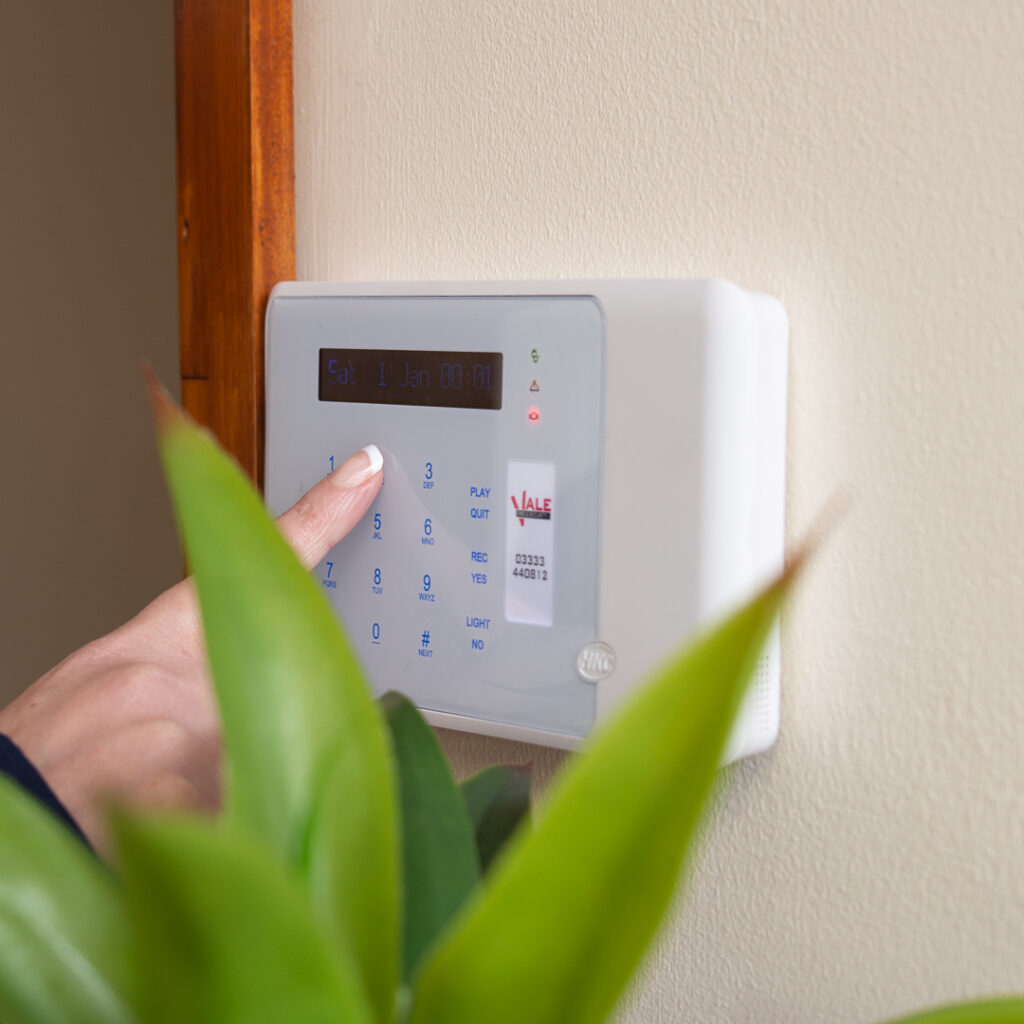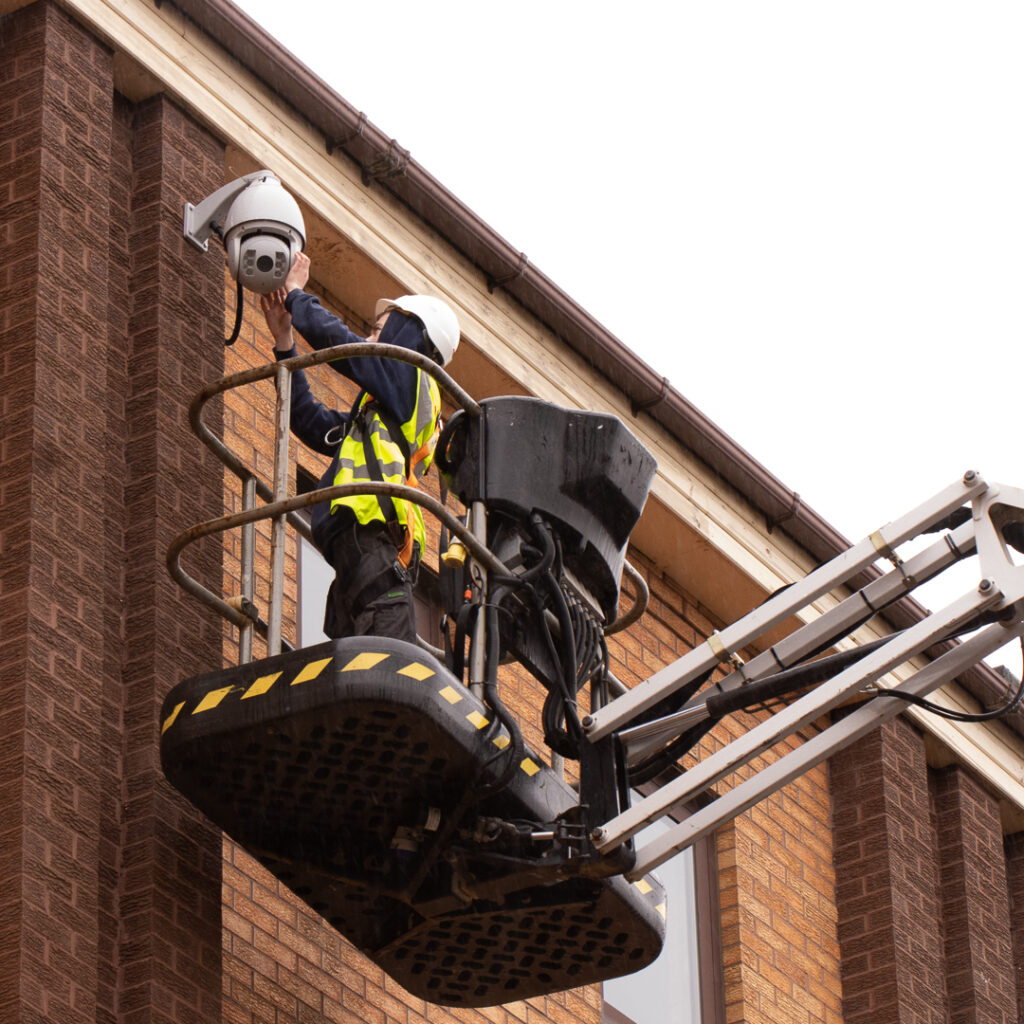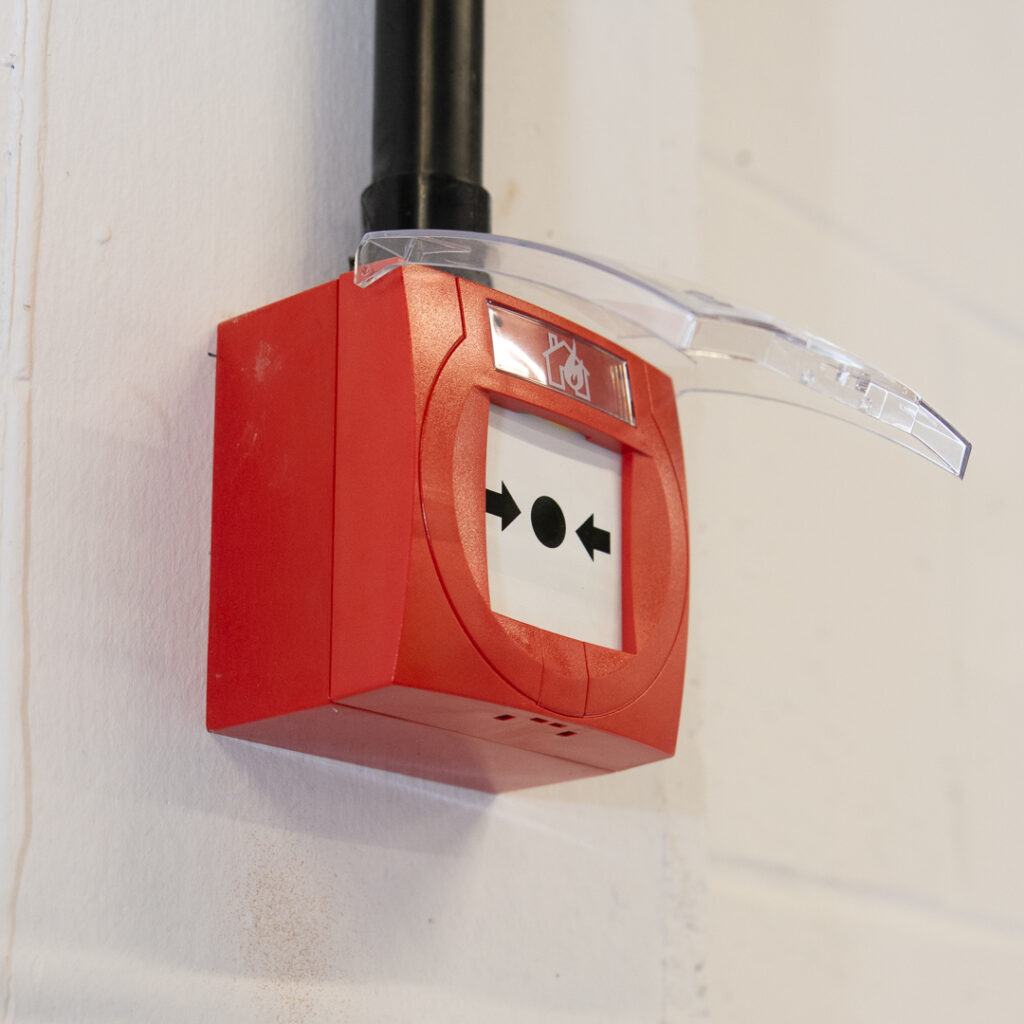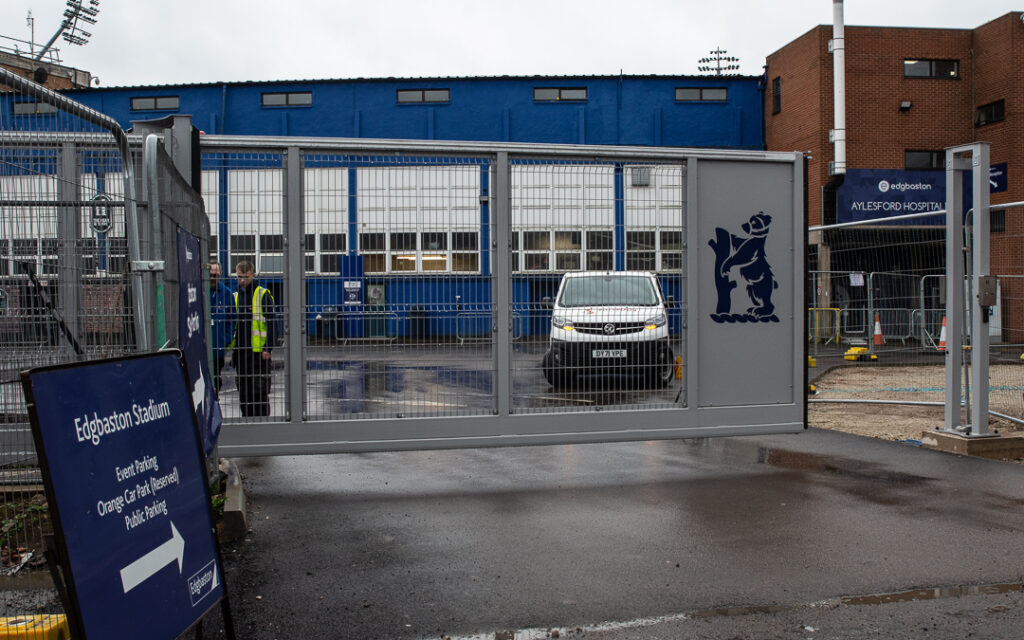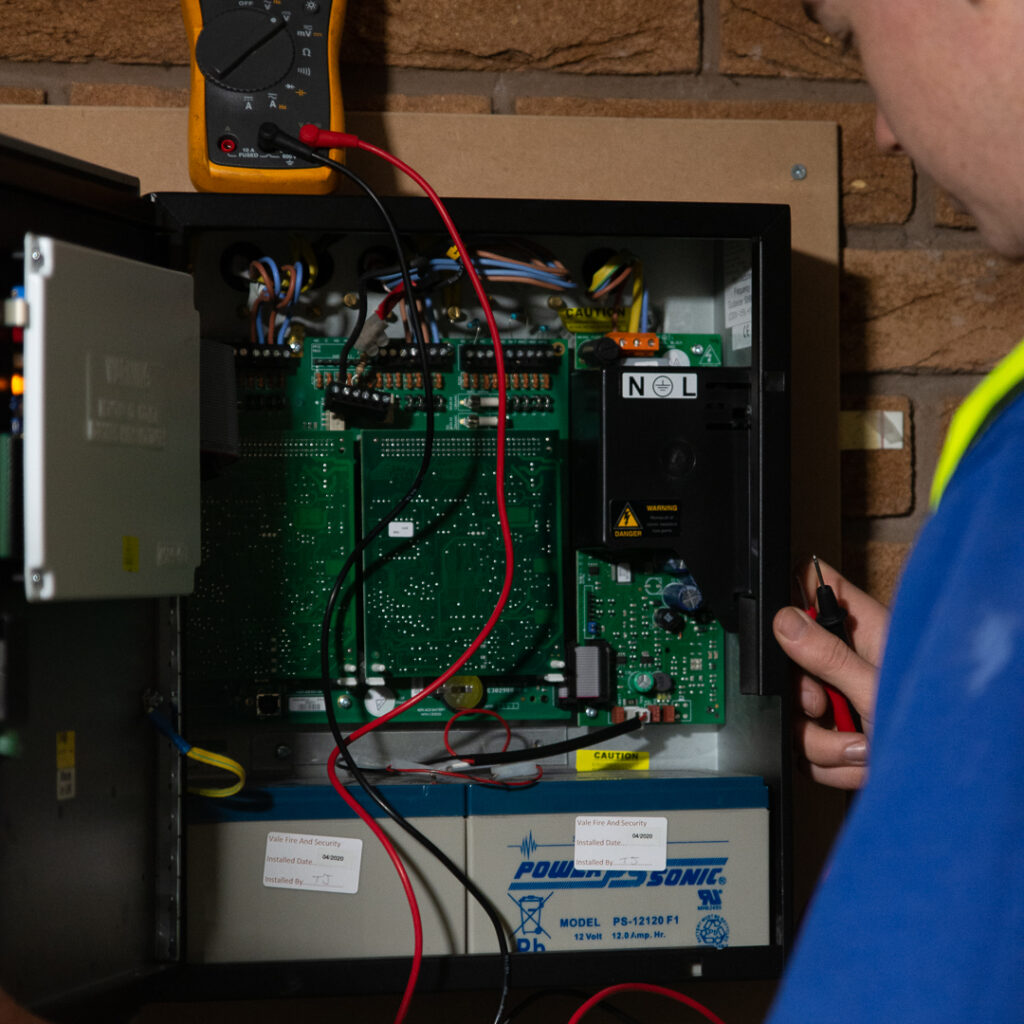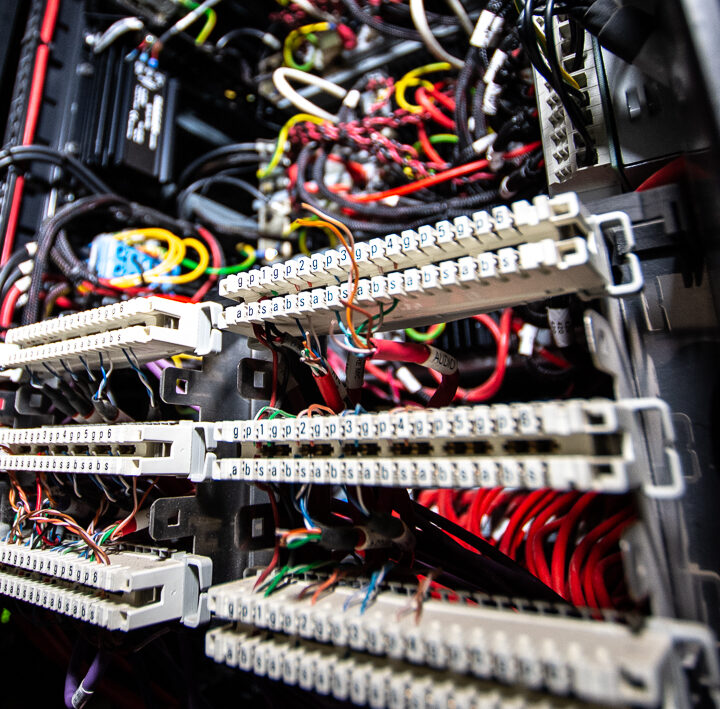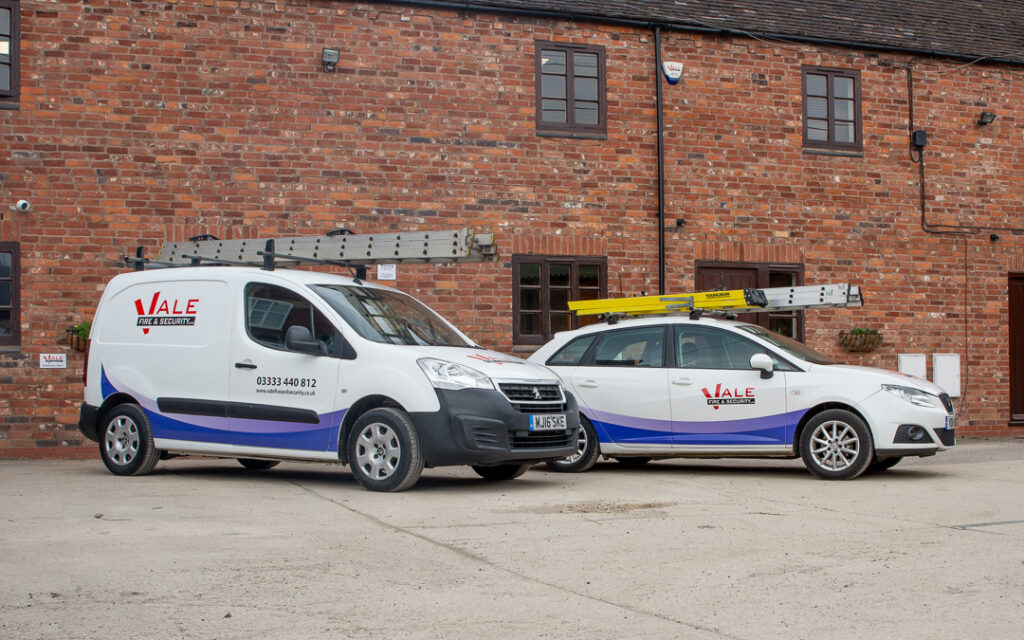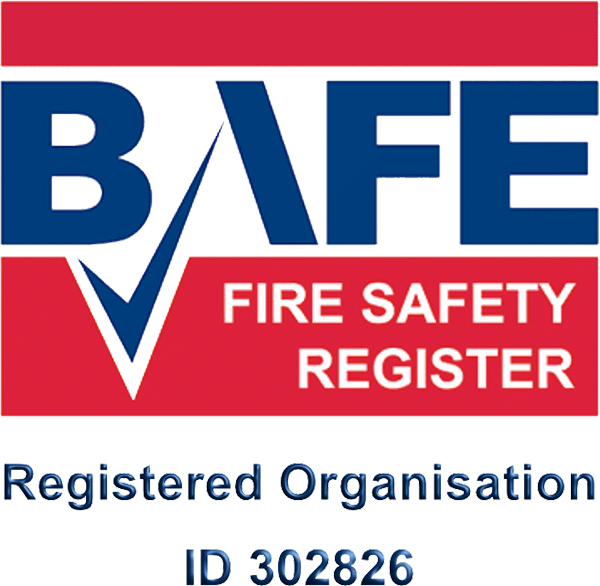Why does your home need fire alarms?
There is almost nothing worse for a residential property than a fire. Fire is destructive; causing structural damage, and loss of possessions. This pales in comparison to the threat to human life. Most house fire-related fatalities are due to smoke inhalation, usually while sleeping. Domestic fire alarms, also referred to as smoke alarms, are essential safety devices that warn occupants of a potential fire in the home. The earlier the detection, the lower the risk.
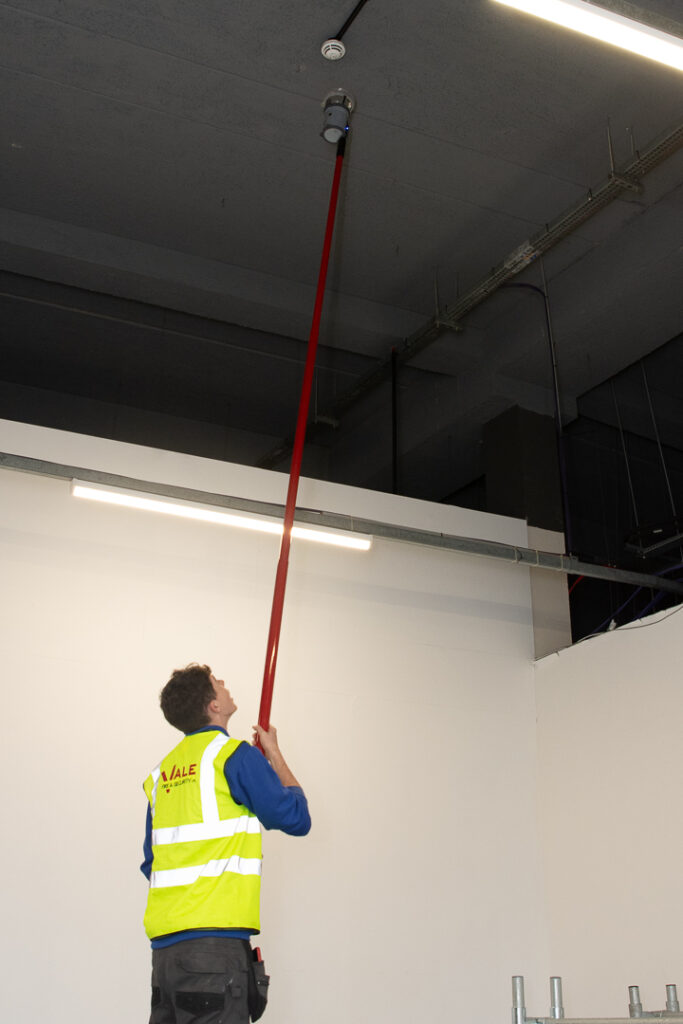
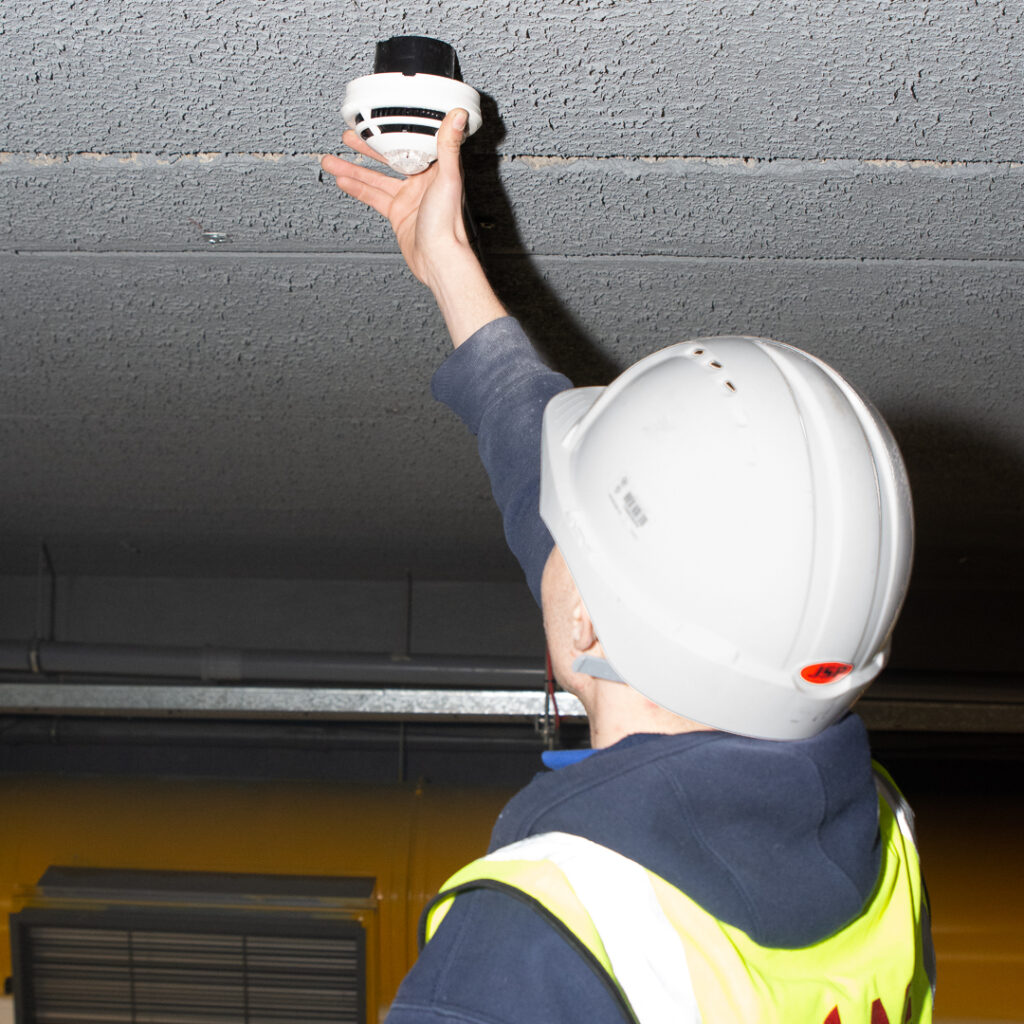
Our domestic fire alarm systems include:
Ionisation sensors – These sensors can detect even the smallest particles of smoke from fast-burning flames.
Heat sensors – They detect drastic changes in temperature, instead of smoke.
Optical sensors – They use infrared beams to detect fires that may only be slow-burning.
Combination alarm – A mixture of heat and optical sensors, this domestic fire alarm is used to cover the widest spectrum of different types of fire.

Book a free consultation with one of our experts!
Each and every one of our customers deserves the very best service and this starts from when you first contact us. The first step is to book a call with us. After that discovery call, we will visit your home or business premises to review what technology you need, where it is best used, and why it would benefit you. Only when we understand the level of risk you are facing will we put a proposal together for you.
We are fully certified and accredited with the SSAIB, so you can be confident you will get what’s right for you!
Frequently asked questions
The Fire Reform Act of 2005 sets out the legal requirements for those with control over a building. One of those requirements is that the Responsible Person should carry out a Fire Risk Assessment (FRA) and use the findings to determine the level of protection necessary to minimise any Risks that have been identified.
The FRA will stipulate the type and grade of system needed.
We can work with you to help decide the best system to suit your needs and prepare a design that will give the protection indicated.
In some locations, a basic manual (M) system is all that is necessary, but ideally, you want to raise an alarm as soon as possible to give anyone in the building the best chance of escaping and dealing with a fire. By having a system with automatic detection, you will increase its effectiveness.
We can now install wireless alarm systems that, in the majority of locations, need no wiring, (except to power the control panel) so most Planning Officers are happy for us to install a domestic fire alarm, subject to certain Planning Requirements.
BAFE is one of the accreditation bodies that oversee the standard of installation work that companies carry out. Companies are regularly inspected and the whole process from design to installation and maintenance is all checked to ensure work is to an acceptable standard.
Explore our other services
